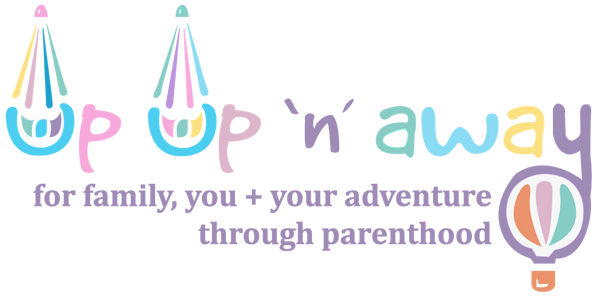Bonding
The bond between a parent or caregiver and a newborn is considered to be essential to the child’s emotional growth and development. It is what gives the carer the want and need to care for and respond to their newborn and promotes a trust between the two. Bonding allows the baby to feel safe and protected as it grows, and takes place naturally as a newborn becomes familiar with the specific sight of you, the way your skin smells and feels and the way your voice sounds. You may start to feel a strong connection and bond with your baby from before it is even born.
Some parents and caregivers may not feel ‘naturally’ bonded to their newborn straight away. This does not mean that you do not love your newborn, a bond may take time to form. If you are worried that you do not feel a bond forming with your new baby do not hesitate to discuss it with your healthcare professional. Some new parents can develop postpartum depression, which can affect their bonding with their baby.
Communicating
As a newborn, your baby’s communication is mostly limited to crying. That may sound simple, but your baby will have many variations of crying for many different reasons. He or she will cry when hungry, upset, has a wet or dirty nappy, is feeling overwhelmed or for no reason at all. Crying is your baby’s way of communicating what he or she needs from you.
As your newborn grows you will notice them develop other subtle forms of communicating, such as making eye contact, moving their limbs when you speak/sing to them, and reacting to your touch. Even though your baby’s communication skills are limited, you should interact with them often and in different ways to help them to develop and feel loved.
Play
Playing with your newborn baby mostly consists of providing a short period of gentle stimulation, as noticeably young babies tire easily. Simple things such as pulling funny faces, playing peek-a-boo and singing are great ways to stimulate your baby’s mind and get them used to interaction. You can give your young baby toys to play with, but at this age it is not necessary to have loud, bright toys as much as experiential ones. Objects of various textures to familiarise with, sounds to listen to and different visual components, such as aerial mobiles, help expose baby to new experiences.
Raisingchildren.net.au. (2020, August 11). Bonding and attachments: newborns. Retrieved from https://raisingchildren.net.au/newborns/connecting-communicating/bonding/bonding-newborns
Raisningchildren.net.au. (2019, November 19). Baby communication and talking: what to expect. Retrieved from https://raisingchildren.net.au/newborns/connecting-communicating/communicating/baby-communication-talking

